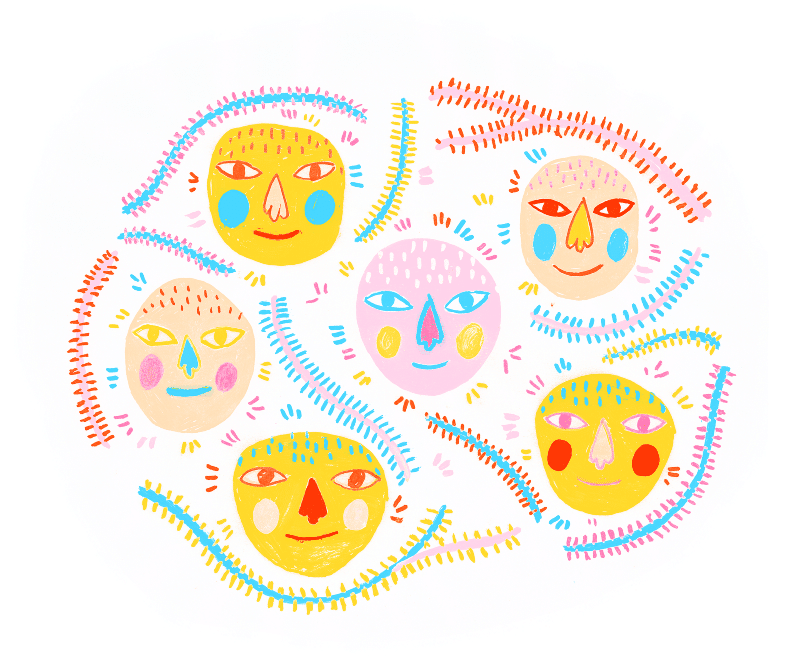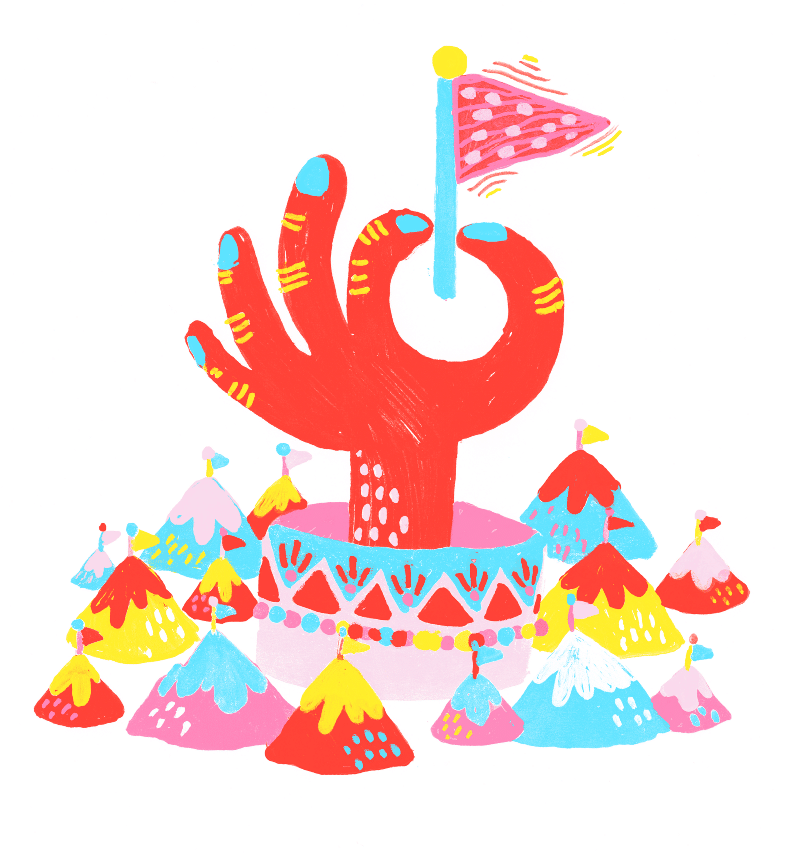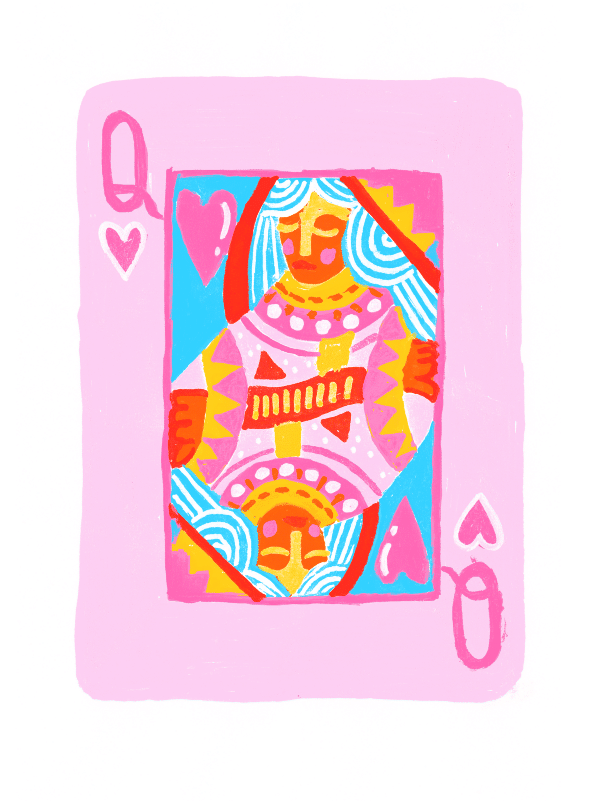
This article was a real tough one for me. How to tell our story, the crew at Pixelgrade, without repeating myself? I’ve already written about our saga, about the ups and downs of getting where we are today, we’ve been transparent about our finances, our team growth, and so on. “Is there anything else left to say?” kept nagging me.
This made me dig deeper into who we are and what led us here, both as a team and as individuals. And then it hit me. I haven’t explored the way we felt on this journey, what has kept us motivated and moving forward.
If that sounds interesting, join me while I try to make sense of things I rarely think about, of things that just seems to pop and feel right.
Oh, and for those of you who haven’t stumbled upon our WordPress themes (can’t imagine how that could happen :)), I am Vlad, Co-founder of Pixelgrade, self-entitled web enthusiast.

It sucks doing it alone
Both me and my brother George, the other Co-founder, care deeply about working together with other people, putting our beliefs and ideas to the scrutiny of another. I don’t think this comes from a lack of trust in our capabilities (we can be cocky at times), but rather from a clear understanding that we are only humans, and we are surely prone to mistakes and narrow-mindedness.
I was fortunate to have the perfect complement right at hand, in the form of a little brother with similar interests in all things web related.
I know there are plenty of WordPress authors who prefer to go at it alone, even after they achieve a certain degree of success. If they feel happy in those shoes, all is good. But our experience of doing it solo (as freelancers in the early days) has deeply seeded the belief that it sucks in the long run. Life is too short for that.
Now don’t go all desperate and pick whoever you can find as your teammate. It’s best to be very picky. Luckily, I was fortunate to have the perfect complement right at hand, in the form of a little brother with similar interests in all things web related, but with enough of a different take on things to keep it interesting (he is a designer after all).

Getting an edge and keeping it sharp
A sharp edge is only useful if you are prepared to cut with it. Are you seeing ninjas flying through the air yet? Good…
I am not talking about an edge in your skills set (like coding, design, etc.), although that is surely handy to have around. I am talking about having a principle or two right from the start. Avoid getting all mushy just because you are starting out and you practically don’t know much. You know what you want. What you really want I mean.
We knew that this thing had to be fun (like in enjoyable) to keep us doing it day after day.
For us it was like this…
We always knew that money would come second. Maybe it’s because we rarely had to worry much about money — we had enough for our childish needs (our family would qualify as upper middle class, I think). More likely it’s due to the way we were brought up; we’ve been told (and shown by our parents) that hard, honest work will always pay up in the long run. And nothing really happened that would crumble this credo.
We knew that this thing had to be fun (like in enjoyable) to keep us doing it day after day, year after year. So we come first, work comes second. But not in a hipsterish, do-whatever-you-like kind of way. No, we would work hard (too hard at times), but only take on work that we felt comfortable with.
We will not be chasing all the potential customers out there. And you need to remember that we’ve started out as a web agency doing only custom projects. This was a tough rule to follow. One that we broke at times, to our own disappointment (and financial losses most of the time).

It’s ok not having long term goals
With all the hype about planning, setting goals, delivering on them, getting from zero to one, making your first million, making an exit, and what have you, it sounds kinda counter productive not having goals.
Well, we’ve never had them, at least not in that sense. Our goal was, and it still is, to keep having fun doing whatever it is we are doing at one point. It doesn’t matter if it’s client work, web apps or WordPress themes, at this moment. Those are just details of implementation. We are after enjoyable results. For our customers but first and foremost for ourselves.
We do however set short term goals, and we try to make them as tight as possible. Like setting a deadline for releasing a new theme, or improving some metric on our support. This way we can have some wins and keep the motivation up.
Long term goals would only demoralize and defocus us because they are hard to track and hard to achieve, thus very risky for our general well being.
So do yourself a favor and avoid them. Take it each day/week/month at a time. Be proud of what you achieved yesterday, strive to do better today, and you are on the right track.

Don’t play games you can’t win
From early on, we’ve steered towards niche themes. They were in line with our “policy” of keeping it simple, they were manageable regarding tight delivery deadlines, and they allow for a closer relationship with the customer. It’s good for your karma to see talented people choose your product to complement their creative work. Again, small wins.
Crafted themes are more in tune with who we are.
How would you be able to get that from the multipurpose “niche”?(it’s hard to call it a niche when it’s half the market, at least). You would be forced to play by the rules of a handful of authors that struck gold with a theme or two (mostly just one), and kept banging at it month after month, sometimes year after year. Don’t ask me how they manage to stay motivated. Apart from the ridiculous amounts of sales. 🙂
For us, the small, crafted themes are more in tune with who we are and where we want to be in the near future.
So there you have it. A short self-analysis about why we do what we do at Pixelgrade. I am keen on hearing your thoughts about it (more so if you disagree). Also, show us some love. 💚
Start the conversation